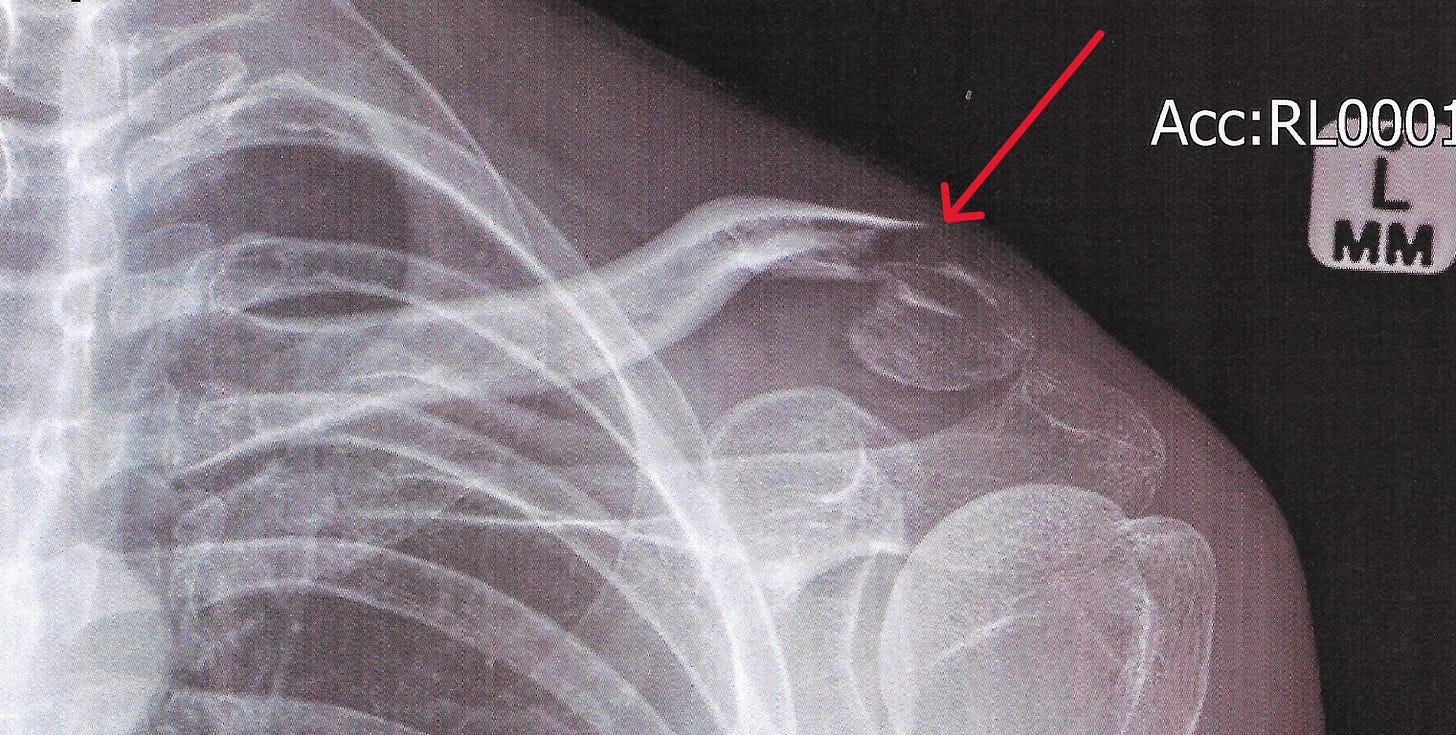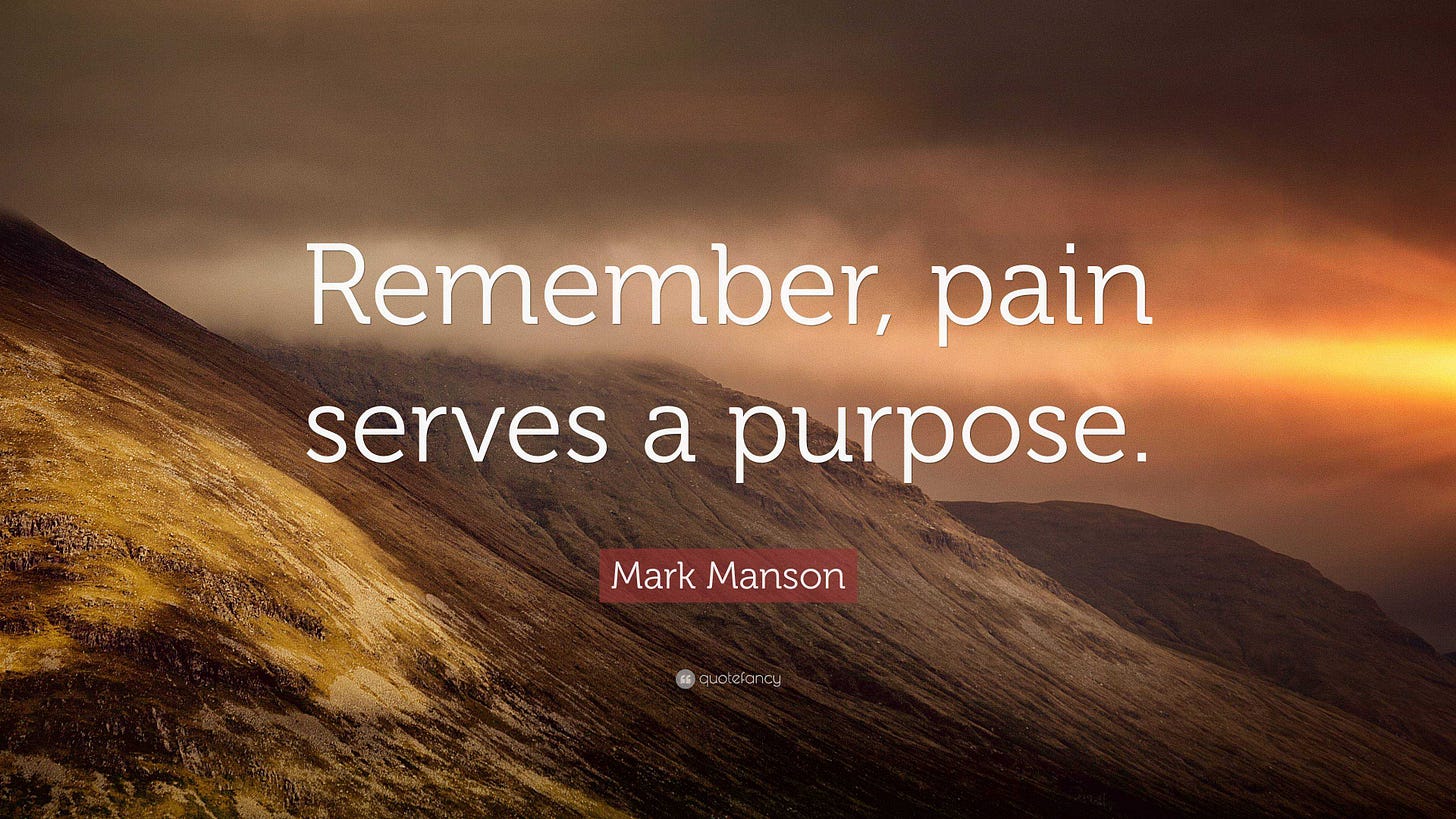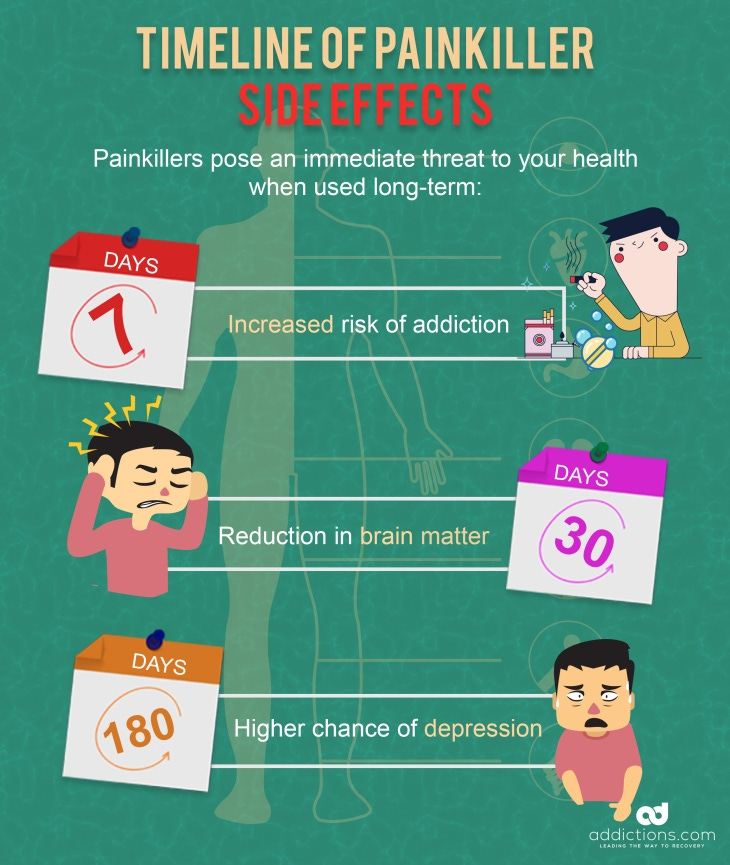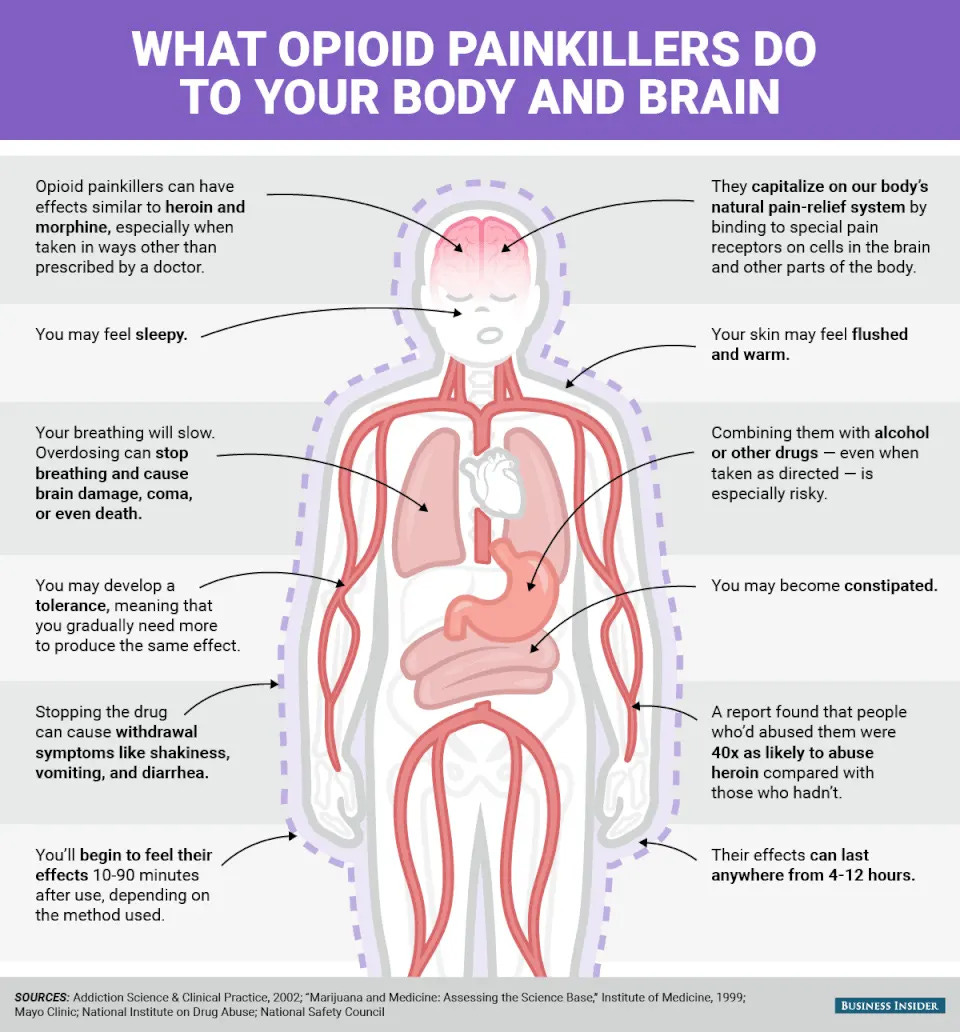How Painkillers Create More Problems
About two months ago, after a bad fall off my mountain bike and landing hard on the grass, I knew my shoulder was hurt. The pain was minimal at the time, so I didn’t think anything was broken. When I got back home and tried to lift my arm above my head, the pain was severe. I then suspected that the injury was much worse than I thought.
After an X-ray at the hospital, a displaced, comminuted fracture of my distal left clavicle or collar bone was confirmed (see x-ray image below). Two surgeons recommended an operation, but the second said this can also heal on it’s own, and without the risk of surgical complications. All the doctors were surprised, however, that I had not used any painkillers. The pain was indeed severe at times, but made me very aware of any wrong positions and movements, while forcing me to use my right arm instead.
Gratefully, I managed to attend the seven-hour long Calabash music festival with my 15-year-old daughter the next day. I didn’t want to disappoint her, as she was anticipating this concert for months. Every time she screamed for the artists, I momentarily forgot about the pain, and managed to also enjoy the concert without the ill-effects of painkillers.

When I thought about it, I realized that I haven’t used any sort of painkiller or anti-inflammatory drug since I can remember, despite having my fair share of painful episodes. I believe this is one reason that my mind and body is able to deal with pain appropriately. Most people these days are exposed to so many painkiller advertisements from a young age, it’s no wonder that it’s commonly believed that pain is a symptom that should be suppressed. Unfortunately, suppressing this message from your Nervous System is like ignoring a warning light on your car’s dashboard. Making the pain seemingly go away doesn’t solve the problem, but, in fact, usually creates even more problems, especially in the long term.

As compared to Americans, I’ve found that many South Africans that I’ve seen, use painkillers with caution. In fact, I’ve met many people here that never use painkillers, even those that are struggling with chronic pain. The ill effects of all types of painkillers is quite well-established in the scientific literature, as well as the propensity for making people addicted to these drugs. Many people believe that common painkillers such as Panados are completely safe, when, in fact, this drug’s “toxicity is the second most common cause of liver transplantation worldwide and the most common cause of liver transplantation in the US.” It’s also vitally important to remember that any drug that dulls the sensitivity of the Brain and Nervous System will have a neurotoxic effect.

Many people are quite aware of the opioid crisis in the U.S., resulting from the highly addictive nature of these drugs. The most famous example of the harmful effects of these drugs is Tiger Woods, who became addicted to painkillers as a result of three failed back operations, which arguably destroyed his professional golfing career and marriage.
While most doctors are now very cautious to prescribe opioids, NSAIDs (non-steroidal anti-inflammatory drugs) are often the drugs of choice, but can lead to many other health complications. Aside from the fact that a recent study revealed that long-term use of these drugs can, in fact, lead to chronic pain, they can also cause stomach, liver, heart, and kidney problems, while even interfering with the natural healing process.
Whenever one of my clients tells me that they were able to stop using their painkillers, I congratulate them, saying, “Your stomach, liver, and kidneys will be very happy about that!” I’ve seen many people heal from acute and chronic pain, and almost without fail, I’ve noticed that those that avoid painkillers heal faster and stay well longer. You also have the innate ability to do the same.
by SJ NANA, DC, DrNANA.co.za
References:
From prescription to addiction – your painkiller could kill you
Aggressive Marketing of Painkillers By Pharma Companies Leads to Abuse and Death
Non-steroidal anti-inflammatory drugs inhibit ovulation after just 10 days
Using medication: Painkillers: How common are severe side effects of NSAIDs?
What a legal drug that kills more Americans than heroin does to your mind and body
Tiger Woods’ DUI Raises Awareness on Dangers of Prescription Drugs
Behind Tiger Woods’s arrest and pain meds lies a problematic surgery
Taking Painkillers? Make Sure You Know These Important Side Effects - Cox 2 Inhibitors
The Psychological and Physical Side Effects of Pain Medications
Please see my previous articles related to this topic:








